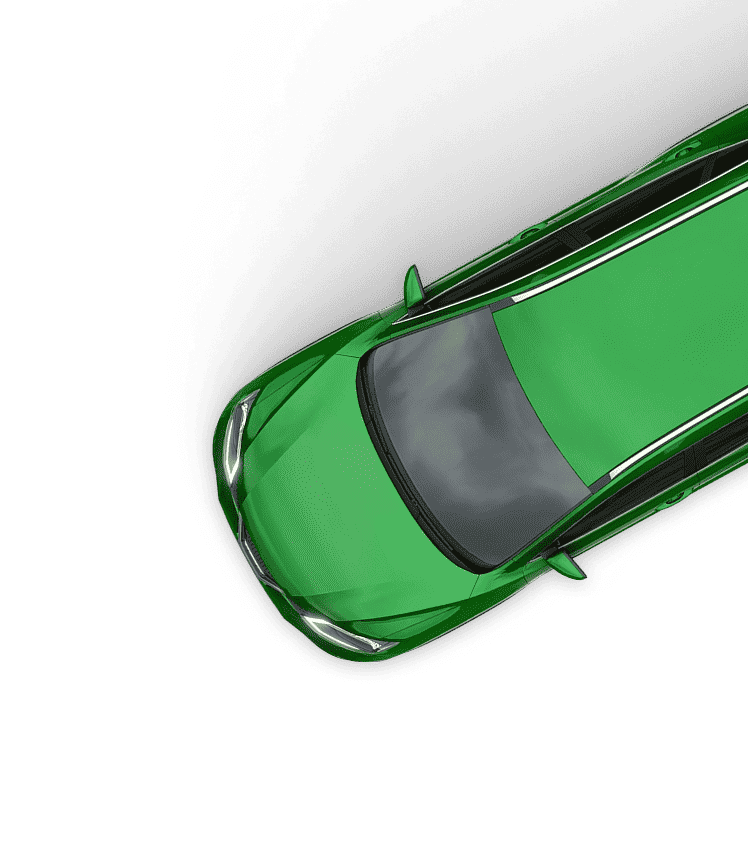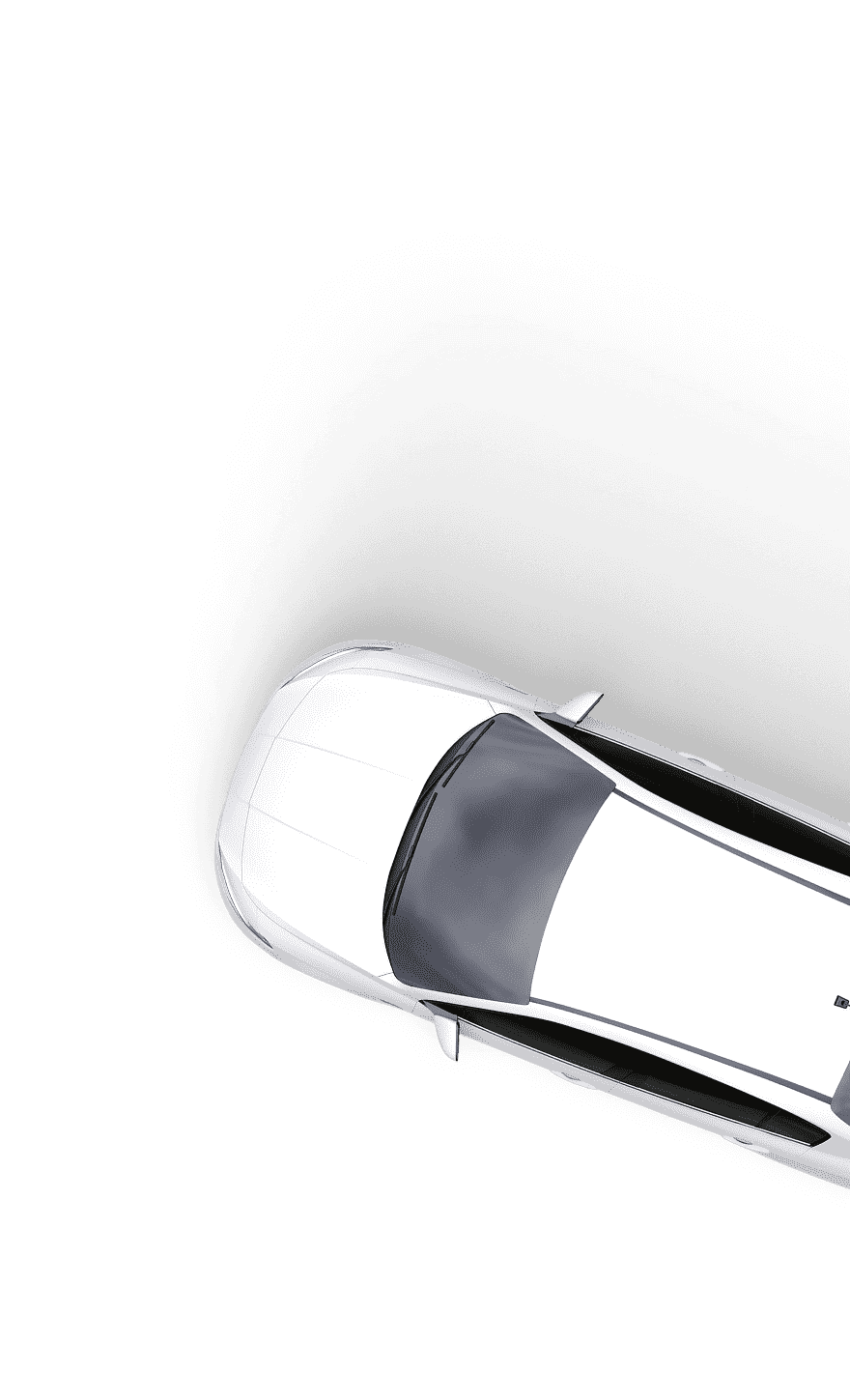Where Do Scrapped Cars End Up?
When you scrap a car in the UK, it goes to an Authorised Treatment Facility. From there, the vehicle is emptied of fluids, stripped for usable parts, crushed and sent to metal recyclers.
Most of the shell ends up in a shredder before the metal is melted down and turned into new products. Nothing is left sitting in a yard long-term. Nearly every material is reused, recycled or safely disposed of.
So the short answer is this: scrapped cars become spare parts, recycled metals and raw materials that feed back into manufacturing.
If you’re wondering where your car actually goes after you hand it over, or what happens behind the scenes, this quick guide answers all your questions.
The depollution process
The first step in scrapping your car is to extract the hazardous materials present. The car battery is removed, which contains acid that can cause blindness, and lead, which is poisonous when ingested.
The fuel tank of your car will also be removed, along with any airbags fitted. Both of these parts are considered dangerous as they could explode. With air bags, this is caused by the chemicals they contain. In the case of fuel tanks, traces of petrol or diesel are highly flammable. Containing pyrotechnic charges, seat belt pretensioners are also removed for safety.
Disposing of fluids safely
The fluids contained in a car for scrap must also be disposed of correctly. Remaining fuel, coolants, oils and anti-freeze can contaminate soil or the water supply if not dealt with properly. Car parts that come into contact with fluids and pollutants or contain them must also be removed. From your car’s catalytic converter to its oil cap, all must be dismantled safely.
Recycling your tyres
A scrap car’s tyres will be removed for recycling at a specialist centre. Only a limited number of tyres can be secured at such a site at any one time for safety’s sake. The material they’re made from means that should they catch fire, a large quantity of tyres can burn at extremely high temperatures for several days.
Crushing your scrap car
With the depollution process fully complete, your scrap car is ready to be safely crushed. All of its individual parts are separated by material classification including metal, fibre and plastic, then fully recycled.
Payment for scrap cars
When accepting payment for your scrapped vehicle, it’s important to be aware that you should never take cash from a scrap dealer. The Scrap Metal Dealers Act 2013 made cash payments for scrap cars illegal in both England and Wales. Similar laws apply in Scotland and Northern Ireland. This was part of an effort to reduce car crime and prohibit the activities of unscrupulous scrap dealers. Only accept payment by bank transfer or cheque.
Recycle your car
After the metal shell is shredded, broken into fist-sized pieces and separated by material, the metals head to smelters. This is where they’re melted down and turned into raw material for new products. A scrapped car often becomes construction steel, household appliances and even parts for new vehicles. Aluminium gets reused in engines, gearboxes and consumer goods.
Usable components the yard removed earlier in the dismantling stage are sold as second-hand parts. These go to garages, car breakers and online retailers who supply repairs for older vehicles.
Plastics and foams get processed separately. Some plastics, such as contaminated interior trim and mixed plastic fragments that can’t be cleanly recycled, are converted into fuel for energy-from-waste facilities. Others, including bumper plastics, interior panels and dashboard-grade polymers, are recycled into lower-grade products like traffic cones, wheelie bins, floor tiles, insulation panels and certain construction composites.
By the end of the process, almost every element of your car has been reused in one form or another. Across our partner network, less than 5% ends up in landfill.
Certificate of Destruction and informing the DVLA
Within seven day of scrapping your car, the ATF will send you an official Certificate of Destruction confirming that your vehicle has been disposed of.
You must inform the DVLA when your vehicle’s been scrapped; failure to do so can result in fines of up to £1,000. Before handing your V5 logbook to the car scrapyard, remove the slip from the yellow section which confirms you’ve had your car scrapped and post it to the DVLA.
If you don’t have a V5 registration document, you need to write to the DVLA and include your details and the name and address of the ATF where your car was scrapped. Let them know the exact date when the transaction took place and include your car registration number, make and model. Ensure you double check your application before sending, because if you miss out any of these details from your submission it will be rejected by the DVLA and you’ll falsely be registered as the keeper of your scrapped vehicle.






